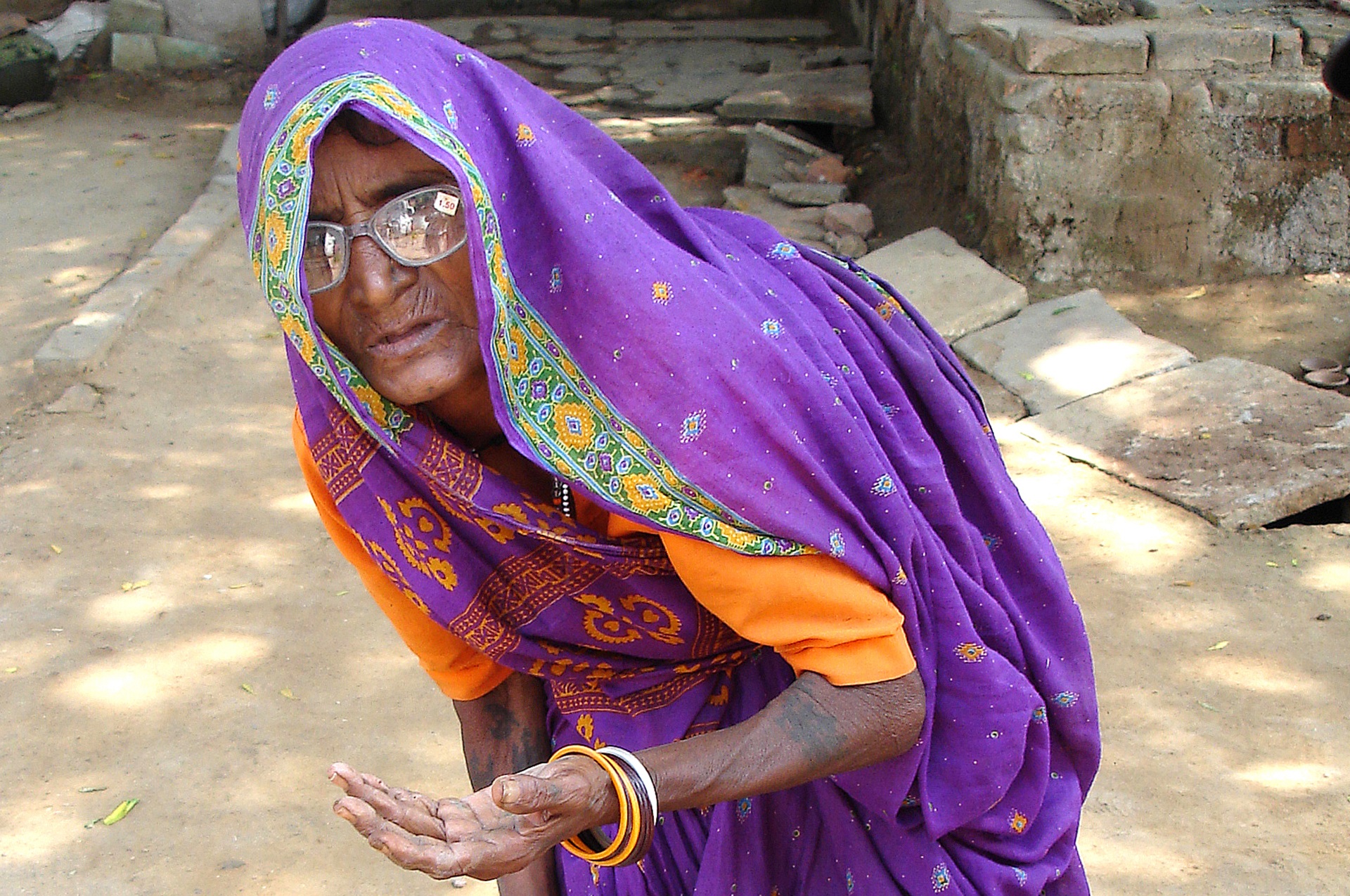The four step protocol ensures uniform treatment decisions; improves outcomes for women
Cleveland Clinic researchers have found that implementing a four-step protocol for heart attack not only reduced mortality but eliminated or reduced the gender disparities in care and outcomes.
The research was presented at the American College of Cardiology’s 67th Annual Scientific Session and published in the Journal of the American College of Cardiology.
Cardiovascular disease is the leading cause of death in women, and STEMI (ST elevation myocardial infarction, caused by an abrupt and prolonged blockage of the blood supply to the heart, impacts about one million women each year. Previous studies have shown that women with STEMI have worse clinical outcomes, including higher mortality and higher rates of in-hospital adverse events. Studies have shown women also typically have higher door-to-balloon times (time from when they arrive at the hospital to when they receive a coronary intervention like angioplasty and stenting).
The results of the study showed improvements in both genders after implementation of the protocol, and substantial reductions in care differences between men and women
They receive lower rates of guideline-directed medical therapy: for example, they are treated with lower rates of aspirin within 24 hours. Previous studies have attributed the differences in care and outcomes in women with STEMI to their being older and higher risk patients than men, suggesting that these disparities may be inevitable.
A 2013 study in the Indian Journal of Medical Research reported: “Studies from different regions of the country have reported a high prevalence of cardiometabolic risk factors in women. Hypertension was found to be more prevalent in middle aged and older women as compared to men. Hypercholesterolaemia is equal in men and women while low HDL cholesterol is more common in women. Higher prevalence of metabolic syndrome and diabetes in women has been reported as compared to men9. Clearly, women in India are at a much higher cardiometabolic risk of CVD than men, especially after they lose their hormonal protection at menopause.”

In the present study, Cleveland Clinic researchers put in place a comprehensive four-step protocol for STEMI patients, designed to minimize variability in care. It included:
(1) standardized emergency department (ED) cardiac catheterization lab activation criteria
(2) a STEMI Safe Handoff Checklist
(3) immediate transfer to an available catheterization lab
(4) using the radial artery in the wrist as the first option for percutaneous (under the skin) coronary intervention, like stenting. This approach has been shown to have fewer bleeding complications and improved survival when compared to using the femoral artery.
The results of the study showed improvements in both genders after implementation of the protocol, and substantial reductions in care differences between men and women.
Prior to the protocol, women had significantly higher 30-day mortality than men (10.7 percent vs 4.6 percent). Providers were able to lower the overall mortality rates for both men and women, and the difference between the genders was no longer statistically significant (6.5 percent vs. 3.3 percent). In-hospital deaths of women with STEMI were reduced by about 50 percent.
“It’s long been known that the gender gap for these types of critical heart attacks is a real issue. However, there is very little data demonstrating successful strategies and no formal recommendation on how a system should be designed to provide the best possible care for women. Our research shows that putting into place a system that minimizes care variability raises the level of care for everyone and could be the first step to resolving the long-standing gender disparities,” said Umesh Khot, vice chairman of Cardiovascular Medicine at Cleveland Clinic and senior author of the study.


